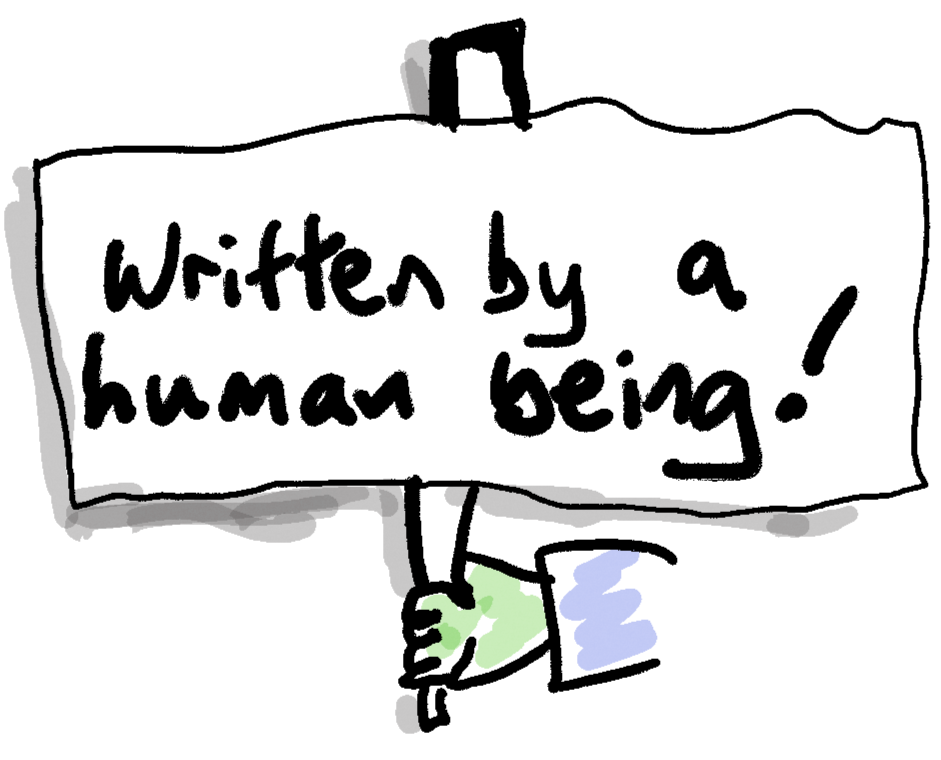My review of this for Teach Secondary magazine has just come out. Here is the published version, followed by the copy I submitted, which is slightly longer because it has a little more detail.
The published version
Two points made by this book really stood out for me. Firstly, that AI is great at ‘predicting the past’ – i.e. that AI-based programs used to identify failing students and suggest potential career choices for them are likely to produce self-fulfilling prophecies. Secondly, that AI technologies are seeing notably high adoption rates among ‘broken’ institutions, where the technology is more likely to be used as a panacea.
The authors do make a point of citing some apparently great work where AI has been usefully applied in schools, but the examples given are unfortunately lacking in detail. Nevertheless, the book offers a compelling and fascinating look under the AI bonnet.
Will AI prove to be a genuinely transformative education technology? You won’t find an answer in here, but its contents may well help us steer the tech in a more positive direction.
My original version
Two points in particular stood out for me. Firstly, AI is really good at predicting the past. This implies that programs used to identify failing students and suggest career choices accordingly are likely to give rise to self-fulfilling prophecies. Secondly, AI is disproportionately adopted by “broken” institutions, where AI is more likely to be used as a panacea.
As for using AI to detect AI-generated text in student essays, the program can be bypassed. Moreover, EAL students are more likely to be identified as plagiarists by the software.
A couple of examples where apparently great work in identifying and applying AI usefully in schools are cited, but unfortunately the examples lack detail. Nevertheless, this is a fascinating look under the AI bonnet.
Will AI join all the other technology that was going to transform education? While this book is not primarily about education, it may help us avoid that situation





